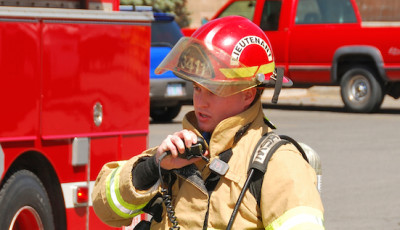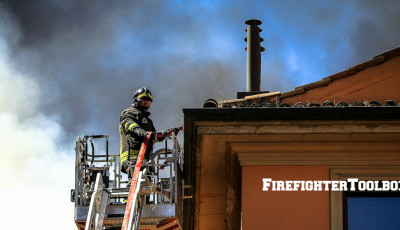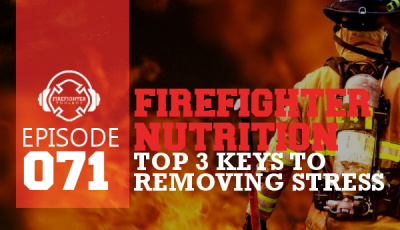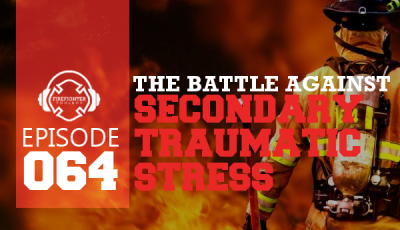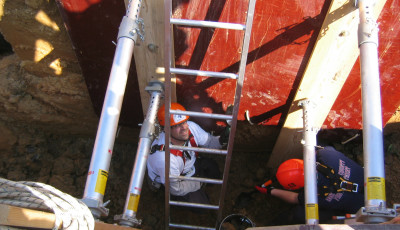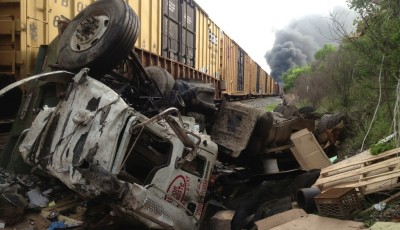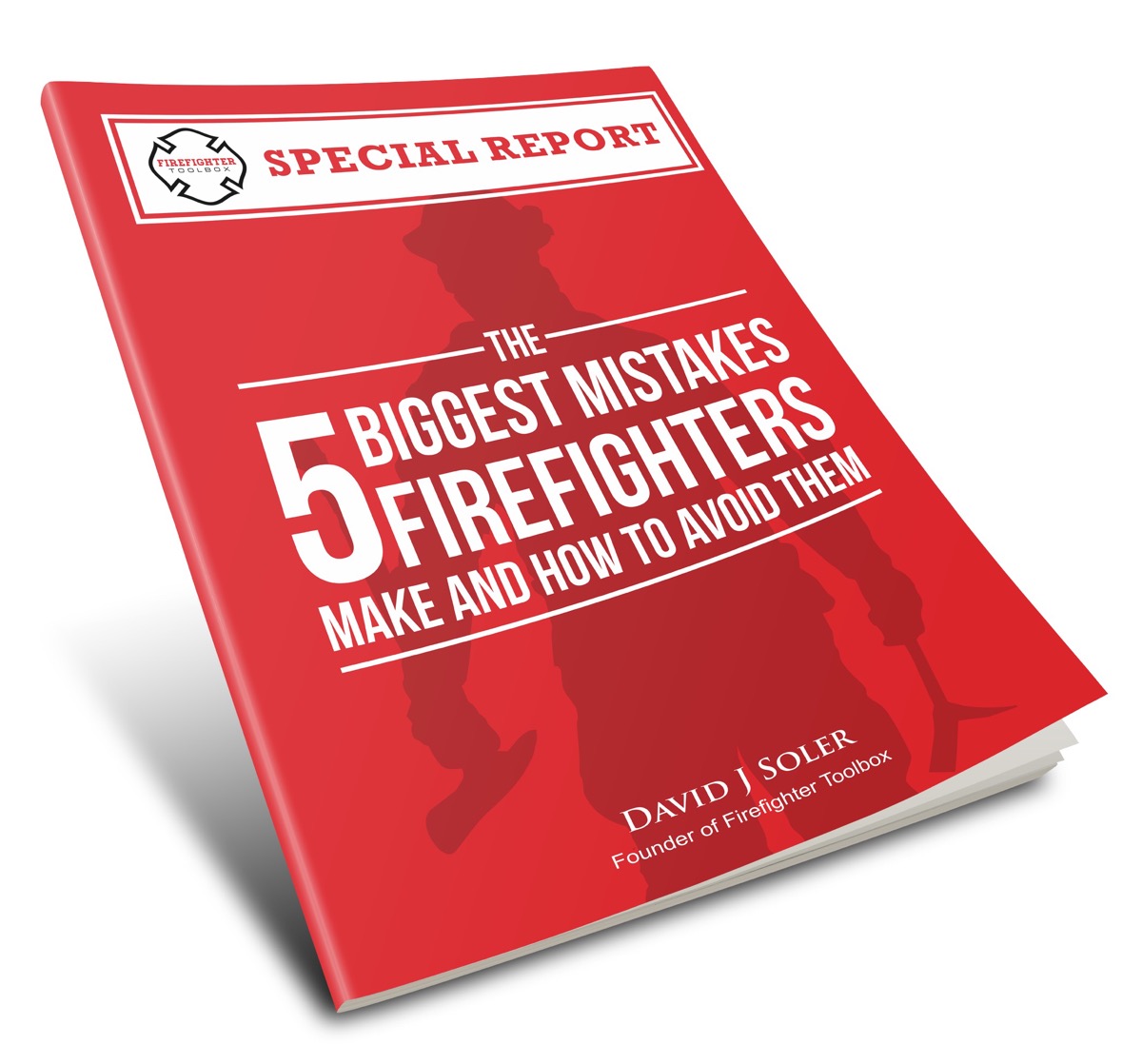Previous Story
Dispatcher Stress
There is no denying that any aspect of emergency services is stressful. Some responders may not recognize dispatchers as being part of the 911 link but in the dispatch community we are often referred to as “the first, first responder”.
Many things differ about the stress that a dispatcher may deal with on the phone versus what you may deal with in the field. It is not that one is more stressful than the other, but they are merely different and there are different ways to deal with these situations.
Many of us are in emergency services because we have a passion to help others. When trying to assist an irate or incapable caller it can be absolutely frustrating at times. Dispatchers can only offer our comforting words or life saving instructions and the fact is, we can’t physically make our caller do something. If they choose not to listen, refuse to help or are unable to, there’s nothing else that can be done via telephone.
Sometimes we hear things but since we can’t see what is going on we can only go with our best assumption or guess. There may be things that aren’t initially heard by the call taker that are only discovered later. These bits of information could have been vital to the outcome of the call and the unknowing of what could have been done can be very stressful.
Often times dispatchers will not have any closure with a high priority call. Due to HIPAA and privacy laws we don’t know if the cardiac arrest patient survived or if the abused child made it into safe care.
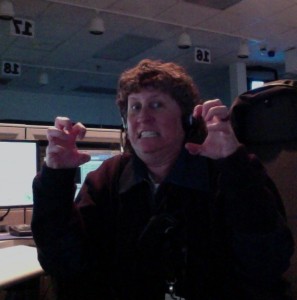
We may not know how the fire that wiped out an apartment building started or how much damage was actually done.
We won’t be able to put a name with a voice and we won’t meet the person that we helped, or tried to.
The highest stress calls for fire dispatchers are the same ones that would be high stress for you. When a MAYDAY is called it takes a trained dispatcher to remain calm and offer any assistance in the scope of practice to help get the firefighter home. Although we may have never met the person on the other side of the radio, they are our responsibility in that moment.
Like responders, shift work also takes a toll on dispatchers. Rotating schedules, missing holidays with family, and scheduling sleep and social functions can be difficult for the person but also their family and friends.
When dispatchers handle a difficult call or notice that they are stressed or depressed, there are a variety of resources, just like in the field. There are agency or fire department chaplains, non-profit organizations specifically for dispatchers and sometimes they may even be included in the CISD hosted by the fire or police department.
Many employers offer an Employee Assistance Program where they can talk to a professional about how they are feeling whether it be work or personal related. Sometimes it may be as easy as taking a break from the center for a moment or requesting a change in shift assignment.
Public safety jobs are going to be stressful and that is something that will never change. Dispatchers can train to handle stressful calls and learn how to prevent and treat stress and its symptoms. It is important to know that no matter what side of the radio you are on, we all deal with stress and need to look for a healthy outlet so that we can continue to preform 100% for those that we serve.

